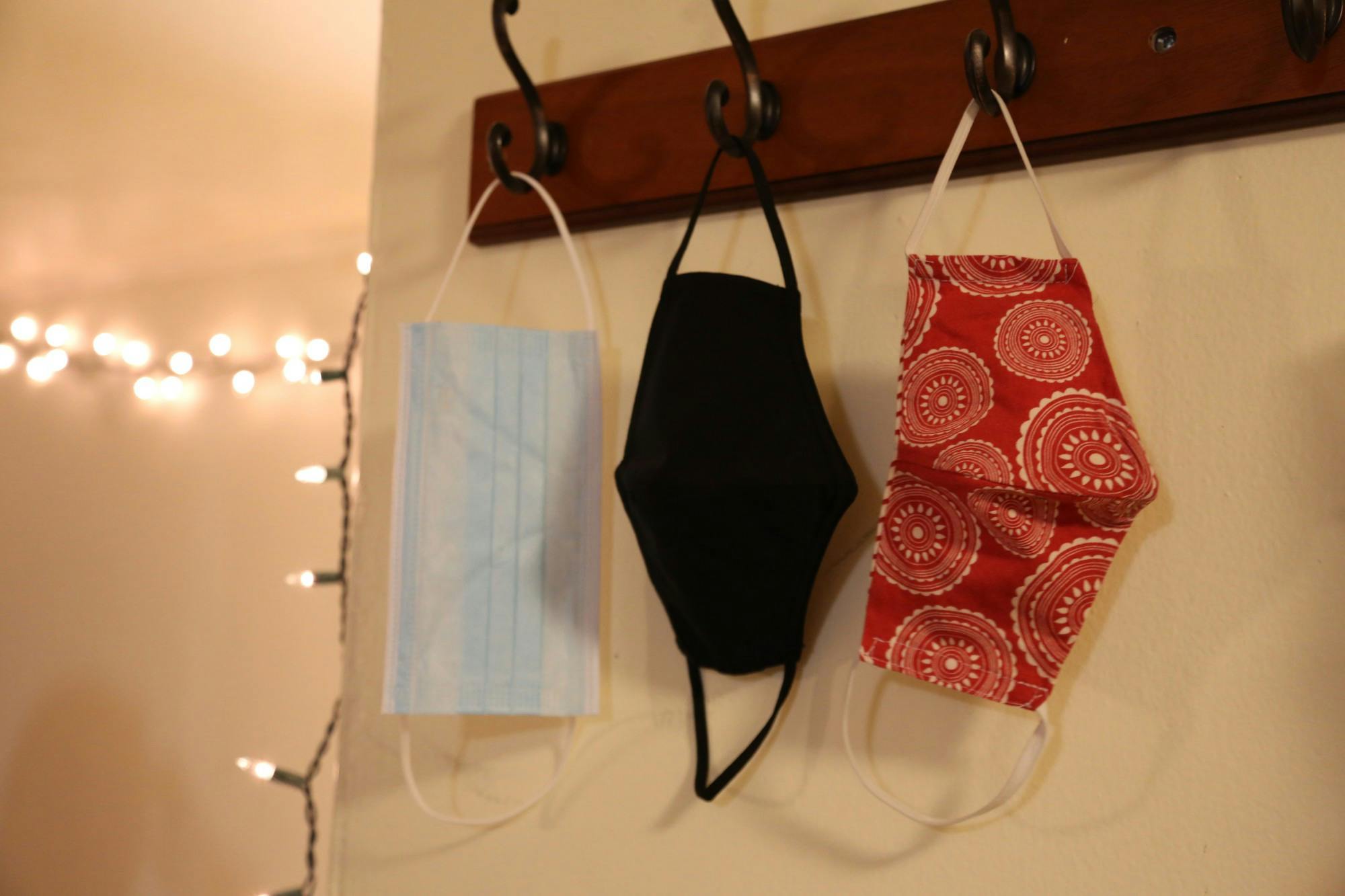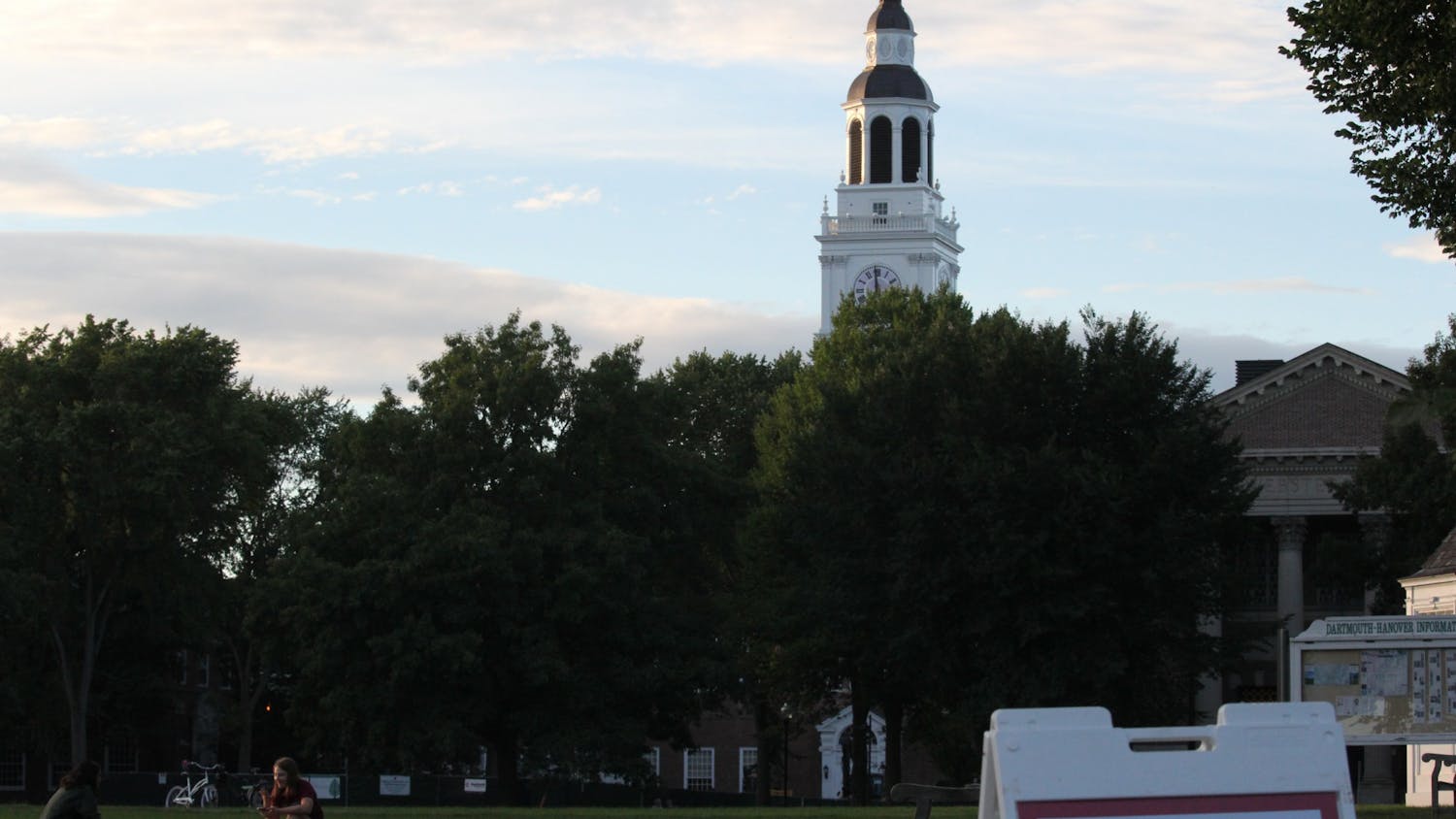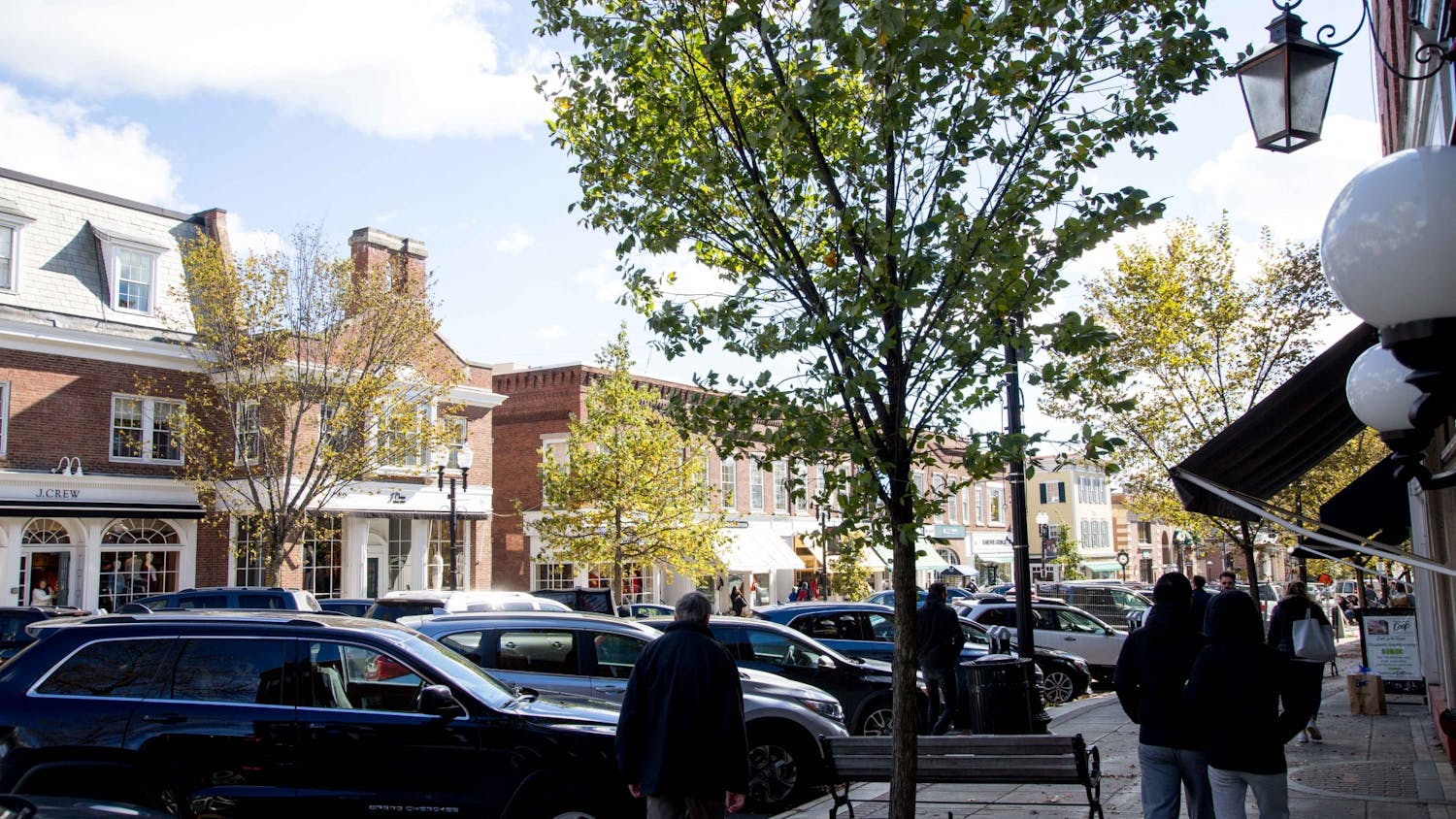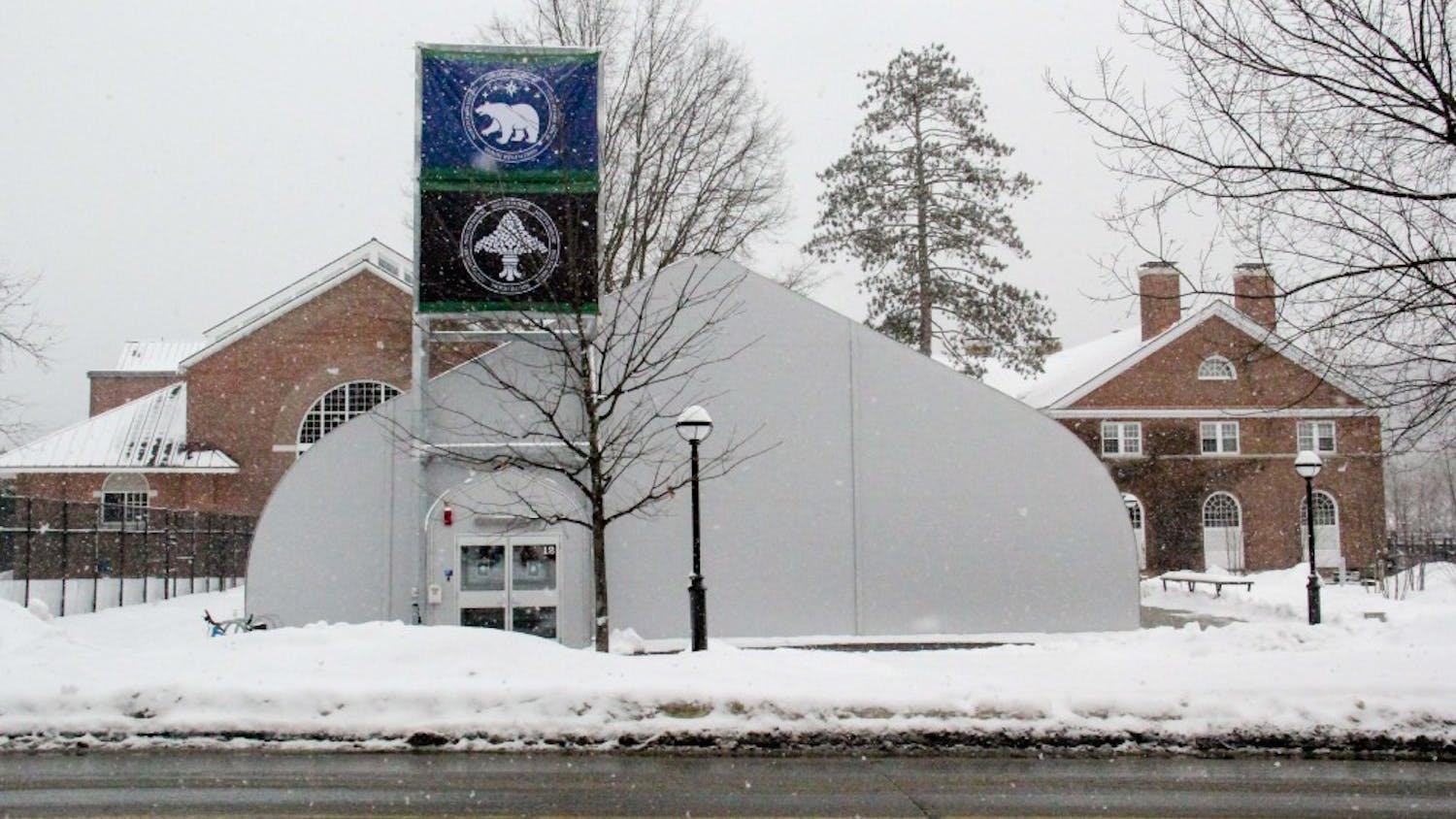The bustling campus to which students typically arrive at the beginning of fall term was noticeably absent this year. Under the College’s reopening plan, students are required to quarantine in their dorm rooms for two weeks, beginning with an at least 48-hour period of strict quarantine as soon as they move in. This system has required both students and the College to get creative about programming, entertainment and dining.
Freshmen, who were among the earliest students to arrive on campus, were tested for COVID-19 upon arrival before beginning quarantine in their dorms.
During the first 48 hours of quarantine, students were only allowed to leave their rooms to use the bathroom, seek medical care or pick up meals from their dorm common rooms. Anthony Fosu ’24 said that the isolation was difficult, but he said it was a small sacrifice for the “sake of [his] class and Dartmouth.”
“It was a little lonely at first, but the Dartmouth community is still present and is still active, even if it's just on the Zoom call,” Fosu said. “Although it was a bit hard to adjust to, that realization helped get me through those first 48 hours.”
To accommodate students with food allergies, dietary restrictions or preferences during meal delivery, Dartmouth Dining director Jon Plodzik said that a survey was sent out on Sept. 1 to students returning to campus. He said that students listed more than 80 different food preferences on the survey, and almost 400 students out of the 1,700 surveyed indicated that they had certain food preferences or allergies, making mass delivery “a daunting task.”
As a result, Plodzik said meals were prepared based primarily on different tracks: traditional fare, vegan and vegetarian, and meals with special instructions, which were tagged with students’ names and the buildings in which they lived. Dartmouth Dining employees delivered the meals to the common rooms of each dorm during lunch and dinner periods, and students collected non-perishable breakfast options each night with dinner.
Ben Martin ’22 said that twice he had trouble obtaining food from Dartmouth Dining, as there were not enough unlabeled regular meals in his common room. He added that he was also waiting for an email notification when the meals were delivered but never received one.
“Every time there wasn't enough food, the process was to call [Dartmouth Dining] and then wait until they delivered [the missing meal],” Martin said. “One time, that was pretty quick, and the other time, I was waiting in the common room for like an hour.”
According to Plodzik, the issue of missing meals may have originated when other students took more than one bagged meal from the common room or decided to take a regular meal when they had signed up for the vegan and vegetarian track.
Plodzik added that the school made multiple deliveries as needed to compensate for missing meals.
“No one went hungry during that period,” he said. “We put flyers in every single bag for the number to call if there’s a problem, and we’ve been running [deliveries] until 8:30 at night.”
During the second phase of quarantine — happening currently for most on-campus students — students are able to leave their rooms and pick up meals from designated outdoor tents.
Rujuta Pandit ’24, who does not eat dairy, said that even in her meals that were labeled dairy-free, she received milk and yogurt. However, in the second phase of quarantine, picking up her own meals has given her more control in making sure her meals do not have dairy.
Plodzik added that with the tent distribution model, meals are no longer assigned strictly from preferences indicated in the initial survey, and students can pick and choose different items to be part of their meals or ask for bigger portions.
In addition to greater meal flexibility in the later stages of quarantine, students are able to go outside and participate in Dartmouth-organized outdoor activities. For some freshmen, this was their first opportunity to explore campus.
“I had been to campus a few times for visits, but I’ve never actually just taken the time to explore and get to see locations that I had heard of,” Gina Miele ’24 said. “I was really excited to explore all the outdoor spaces that Dartmouth has to offer.”
Caroline Conway ’24 said that in the second phase of quarantine, she has been going on frequent solo walks. She noted that even while by herself she has appreciated seeing other students on campus.
“Everyone is antsy and just wants to get outside,” Conway said. “I walked out and kind of allowed myself to get lost a couple of times. It’s just really nice to get to go see people and [remember that] this is a college campus.”
Quarantine guidelines restrict outdoor activities to solo expeditions, but students can also register for group trips with the Outdoor Programs Office. While the OPO is offering more than 30 local hiking, biking and canoeing trips in the next two weeks, Conway said some students were unaware of when registration for these activities began, and she was disappointed that the trips were “booked immediately.”
Acting OPO director Coz Teplitz said that the activities are in groups no larger than nine and led by OPO staff members, which limits the number of trips.
“We are trying to see what we can do to add more trips to the calendar,” Teplitz said. “It shows that there is demand for students who want to be able to connect with each other, but want to do it in a way that is appropriate and approved.”




